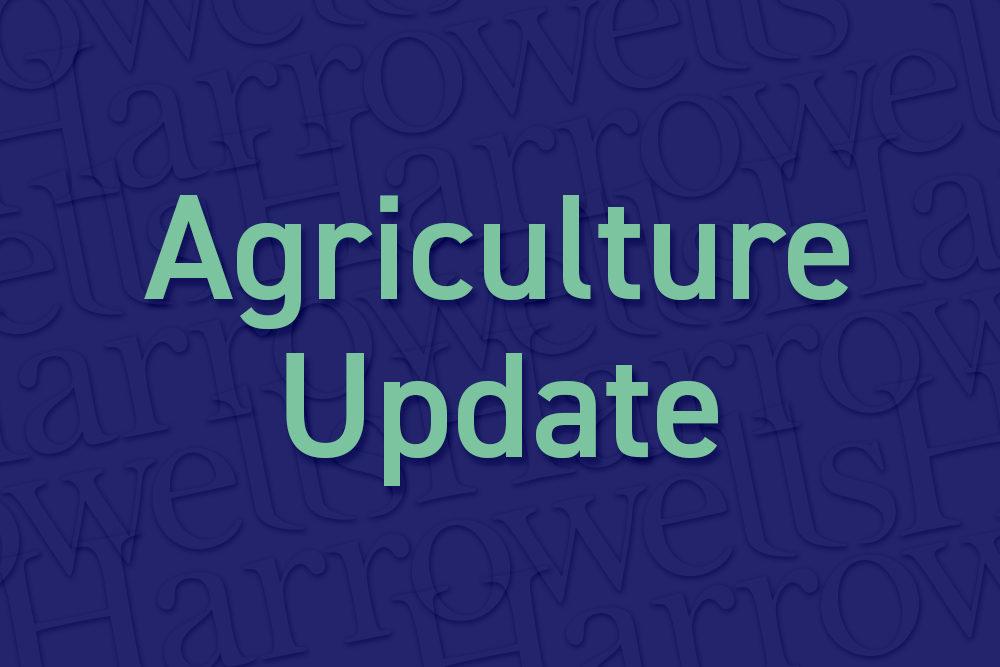Agricultural Tenancy Reform
We have been involved in a consultation with DEFRA in relation to a possible agricultural tenancy reform. The government has confirmed that it expects to publish its response to the consultation “later this year”. The proposed changes will affect both agricultural tenancies under the Agricultural Holdings Act 1986 (AHA 1986) and Farm Business Tenancies (FBT’s) under the Agricultural Tenancies Act 1995 (ATA 1995).
Alongside the consultation the government issued a call for evidence on:
- The impact of current provisions of the ATA 1995 restricting landowners from granting tenancies over mortgaged agricultural land without first gaining permission of their mortgage lender
- Whether farming business which are unable to meet finance repayments under secure loans should have additional protection against repossession of agricultural land
Post Brexit UK Agricultural Policy
On 20th September Department of the Environment, Food and Rural Affairs (DEFRA) published guidance on exporting livestock to EU in the event there is a no deal exit date. Farmers can continue exporting livestock to the EU in a no deal Brexit but need to follow extra rules on ear tagging. Codes will change from those currently used on livestock to ISO country codes. Farmers wishing to export livestock after exit day are advised to check the government’s websites!
The government has similarly produced guidance for moving Convention on International Trade on Endangered Species of wild flora (CITES) through UK ports and airports in the event of a no deal Brexit. The UK government have confirmed that four additional ports: Belfast Seaport, Dover and Euro Tunnel and Holyhead will be designated ports to handle movement of protected animals and plants. The arrangements put in place are designed to minimise any delays.
In the event of a no deal anyone wishing to bring a specimen of a protected species or animal or plant into the UK or export to the EU will require CITES documents. These documents must be applied for in advance of travel and inspected and endorsed by border forces at the CITES designated port of entry or exit.
Rural planning issues
Recent decision by the planning inspectorate has gone in favour of a property purchaser. The parties bought a dwelling and garage in greenbelt both believing that its erection had been authorised and having taken appropriate professional advice. The property was in fact unauthorised and enforcement action was subsequently taken.
Whilst it was decided that the property represented an inappropriate development in the greenbelt the appeal was allowed on the basis that the personal hardship that would have resulted from its demolition outweighed the harm to the greenbelt and amounted to what they considered “very special circumstances”.
Agricultural Holding
An interesting decision has recently been given by The First Tier Tribunal (Property Chamber) in relation to a tenant of an agricultural holding protected under the Agricultural Holdings Act 1986 and his landlord, Herefordshire Council. The issue was whether or not a notice issued under Section 27(3)(f) of the Agricultural Holdings Act 1986 (AHA 1986) was available when terminating a farm for non-agricultural use that required planning permission, in the case where planning permission had not yet been granted.
In short the landlord served notice to quit to build 45 residential dwellings. Planning permission had not however at the time of the service of the notice been granted. As such the notice to quit was not served on Schedule 3 Case B of the AHA 1986 as planning had not been granted. The landlord chose to rely on Section 27 (3)(f). It was common ground that the notice to quit would only be effective with the tribunal’s consent.
The tribunal determined that Section 27 (3)(f) AHA 1986 was not available where, in due course, planning permission would be required. It is only available in limited class of cases, such as forestry, where the indented use, when implemented, would not require planning permission and would not otherwise fall within any limb of Schedule 3 Case B AHA 1986.



